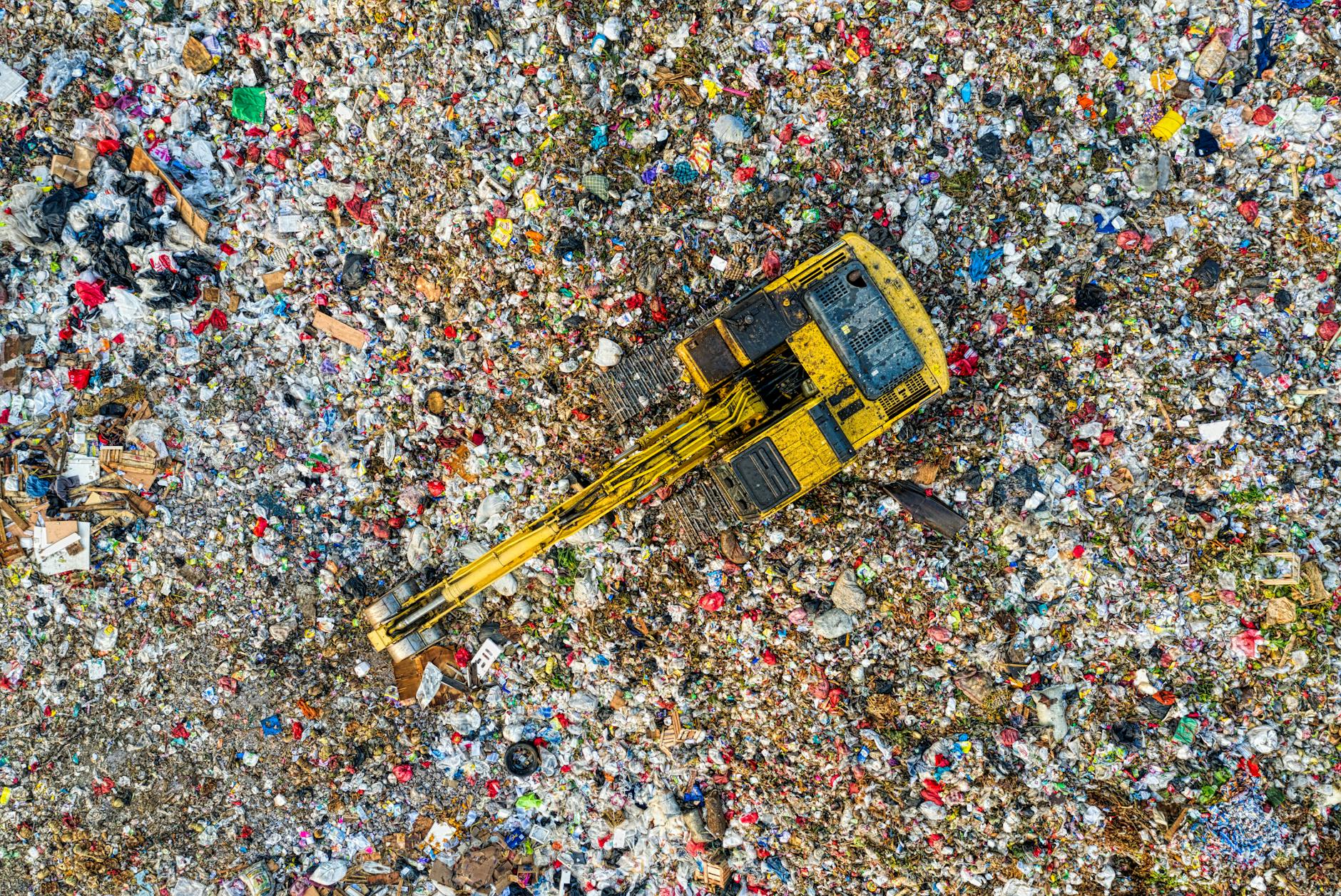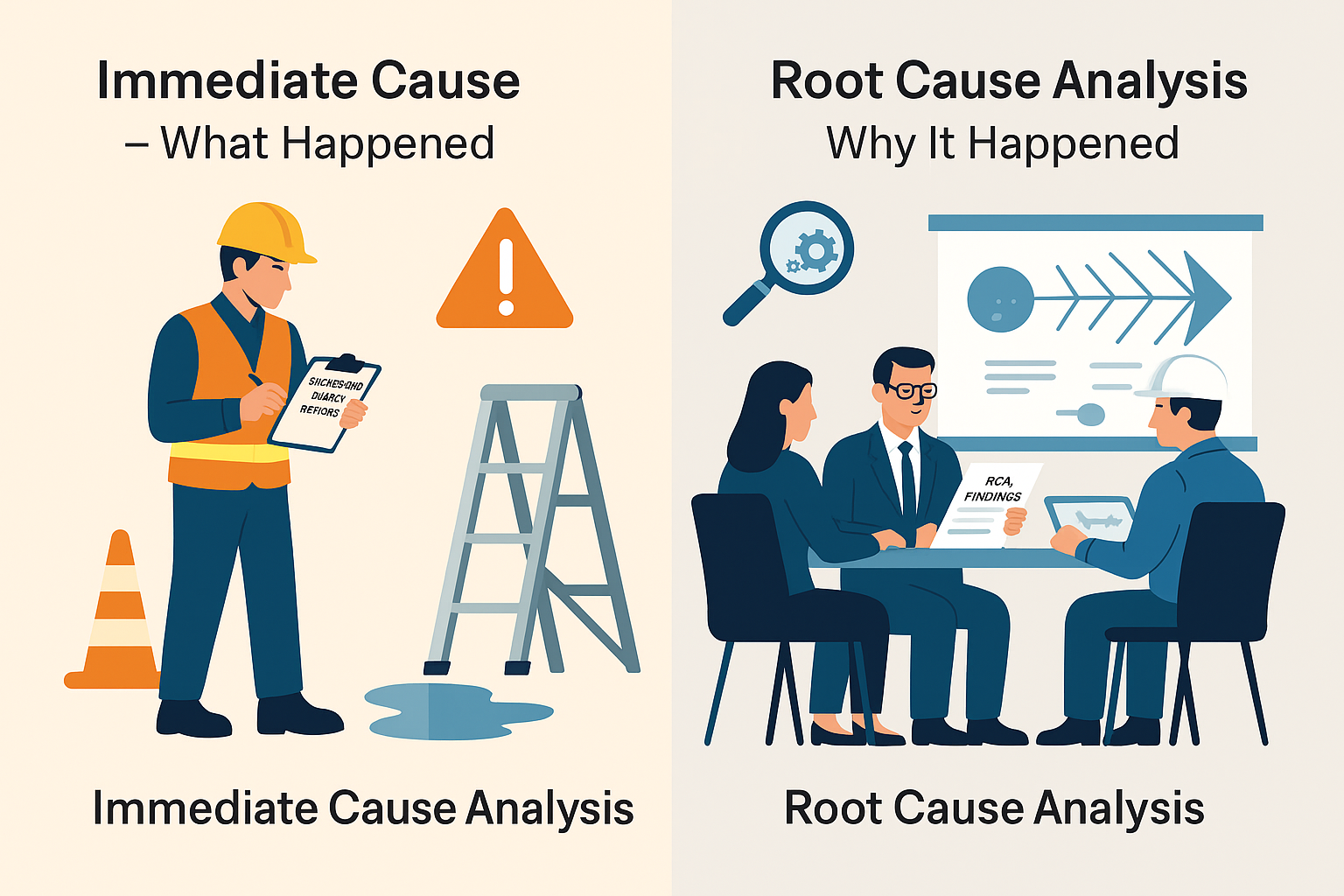
Importance of Hazardous Waste Management
Introduction to Hazardous Waste
Hazardous waste encompasses materials that pose substantial risks to human health and the environment. From industrial byproducts to household chemicals, these substances demand specialized handling and disposal to mitigate potential harm.
The Importance of Hazardous Waste Management
Environmental Impact
Improper management of hazardous waste can lead to soil, water, and air contamination. It endangers ecosystems, jeopardizes biodiversity, and contributes to long-term environmental degradation.
Health Implications
Exposure to hazardous waste can result in severe health issues, ranging from respiratory problems to chronic illnesses and even cancer. Proper management is critical to safeguard public health.
Legal and Regulatory Aspects
Governments enforce stringent regulations to control the generation, transportation, treatment, and disposal of hazardous waste. Compliance is essential to prevent environmental and legal repercussions.
Methods of Hazardous Waste Management
Prevention and Reduction Strategies
Preventing the creation of hazardous waste through better production methods and reducing its volume significantly minimizes environmental and health risks.
Treatment and Disposal Techniques
Various methods, including incineration, chemical treatment, and landfill disposal, are employed to manage hazardous waste, ensuring its safe handling and containment.
Recycling and Reusing Hazardous Materials
Efforts to recycle and reuse these materials reduce the need for new production, cutting down on environmental impact and resource depletion.
Role of Technology in Hazardous Waste Management
Innovative technologies, such as advanced filtration systems and bioremediation processes, play a crucial role in efficiently managing and minimizing the impact of hazardous waste.
Challenges in Hazardous Waste Management
Financial Constraints
Implementing proper waste management systems often demands significant financial investments, posing challenges for many industries and regions.
Lack of Awareness
Limited awareness among the public and industries about the consequences of improper waste disposal hampers effective waste management efforts.
Global Cooperation and Initiatives
Addressing hazardous waste issues requires collaborative efforts on a global scale, necessitating cooperation among nations and the formulation of cohesive international policies.
Benefits of Effective Hazardous Waste Management
Environmental Conservation
Proper management conserves natural resources and preserves ecosystems, contributing to a sustainable environment.
Public Health Improvement
Minimizing exposure to hazardous waste ensures better public health outcomes, reducing the incidence of illnesses caused by environmental contaminants.
Economic Advantages
Efficient waste management practices can lead to cost savings, resource recovery, and the creation of new opportunities in recycling and waste treatment industries.
Future Prospects in Hazardous Waste Management
Innovations in waste management technologies, increased awareness, and the adoption of sustainable practices pave the way for a future where hazardous waste is effectively controlled and minimized.
Conclusion
Effectively managing hazardous waste is pivotal for safeguarding the environment, public health, and the economy. Implementing stringent regulations, embracing innovative technologies, and fostering global cooperation are imperative for sustainable waste management.
Characteristics of Hazardous Waste
Hazardous Waste Classification Codes
7 Categories of Hazardous Waste
Hazardous Waste Management System
FAQs About Hazardous Waste Management
- Why is proper hazardous waste management essential? Proper management of hazardous waste is crucial because it prevents environmental contamination, protects human health, and ensures the sustainable use of resources. Without it, hazardous waste can pollute ecosystems, harm wildlife, and pose serious health risks to people.
- What are the common methods used for treating hazardous waste? Common methods for treating hazardous waste include incineration, chemical treatment, biological treatment, and secure landfill disposal. Each method is chosen based on the type of waste and the level of risk it poses to the environment and human health.
- How can individuals contribute to better hazardous waste management? Individuals can contribute by reducing waste generation, properly disposing of hazardous materials like batteries and chemicals, recycling whenever possible, and supporting initiatives that promote responsible waste management practices in their communities.
- What role does government regulation play in hazardous waste management? Government regulations set standards for the handling, transportation, treatment, and disposal of hazardous waste. These regulations ensure that industries and individuals adhere to safe practices, minimizing the environmental and health risks associated with hazardous waste.
- Are there emerging technologies that can revolutionize hazardous waste management? Yes, there are several emerging technologies showing promise in revolutionizing hazardous waste management. These include advanced filtration systems, bioremediation techniques, and innovative methods for recycling and repurposing hazardous materials, aiming to minimize waste and its impact on the environment.
























